From the moment I flipped open the book’s cover, I knew I was in trouble. I was standing in line at an author event, clutching the original hardcover that I’d brought from home. Finally, it was my turn, but when I opened the book to the title page for her to sign, I looked down and froze. The author’s signature was already there. It was even personalized. But when? No matter how much I scraped at the inside of my skull, I had no memory of meeting this author or having my book signed, but the proof was right there in my hands.
As a kid when I first envisioned what memory loss might look like, I thought of sudden cases of amnesia that I’d seen in movies. Maybe a man has an accident and wakes up not knowing who he is, but he’s greeted by a woman who his family says is his fiancé (While You Were Sleeping). Or maybe a Russian princess hits her head while fleeing Rasputin and forgets she is the last remaining member of her immediate family (Anastasia). But while these sensational plots involving amnesia filled my TV screen, most memory loss isn’t a sudden event. It’s a slow erosion over time.
Everyday memory loss is forgetting that you’ve already told that story five times. It’s losing track of what medication you’ve taken that day. It’s forgetting particular words or phrases that you used to say all of the time. It’s asking the same questions multiple times but never seeming to remember the answer. On their own, these small moments fall like frustrating drops in a bucket. But together they overwhelm, cascade down and around, drowning my brain.
How many pieces of newsletters have accumulated in my drafts? Sometimes when I write, I forget mid paragraph what I wanted to say, or I forget what I’ve already written. Writing with memory loss (not to mention brain fog) feels like my vocabulary, ideas, and concepts flit around the edges of my mind like shadows I can see out of the corners of my eye. I know they’re there, but I can’t make out their shape. No matter how hard I try, my thoughts are just out of sight.
In elementary and middle school, I used to win dozens of awards and honors for Bible memorization. Patches, badges, trophies, ribbons—they lined my shelves and decorated my Awana uniforms. But as my migraines continued to grow worse, I started faltering, taking months to memorize what I used to do in mere days. When I asked my pediatric neurologist why I was having such trouble, he waved it off and said it was common for girls in puberty.
My parents supported me the best they could, taking me to the library to check out audiobooks, studying with me for tests, and listening to my oral book reports. I can only imagine how at a loss they must have felt traversing the unknown territory of caring for two chronically ill kids. But most of the other adults around me remained . . . less than helpful. In just a few years, I went from constantly being told how smart I was to barely being thought of as college material. As an adult, I can say that whether or not you go to college has no reflection on your value as a human being. But as a kid, all the messaging I received from adults told me otherwise.
At this point, that girl who won the awards and excelled at every memory challenge placed in front of her seems like version of me in an alternative universe. How did I—someone who can’t even remember what day of the week it is half the time—recite entire chapters of the Bible? How did I used to quote stanzas of Henry Wadsworth Longfellow’s poetry when, currently, my brain is as robust as a scrambled Jello-O salad? (April 2024)
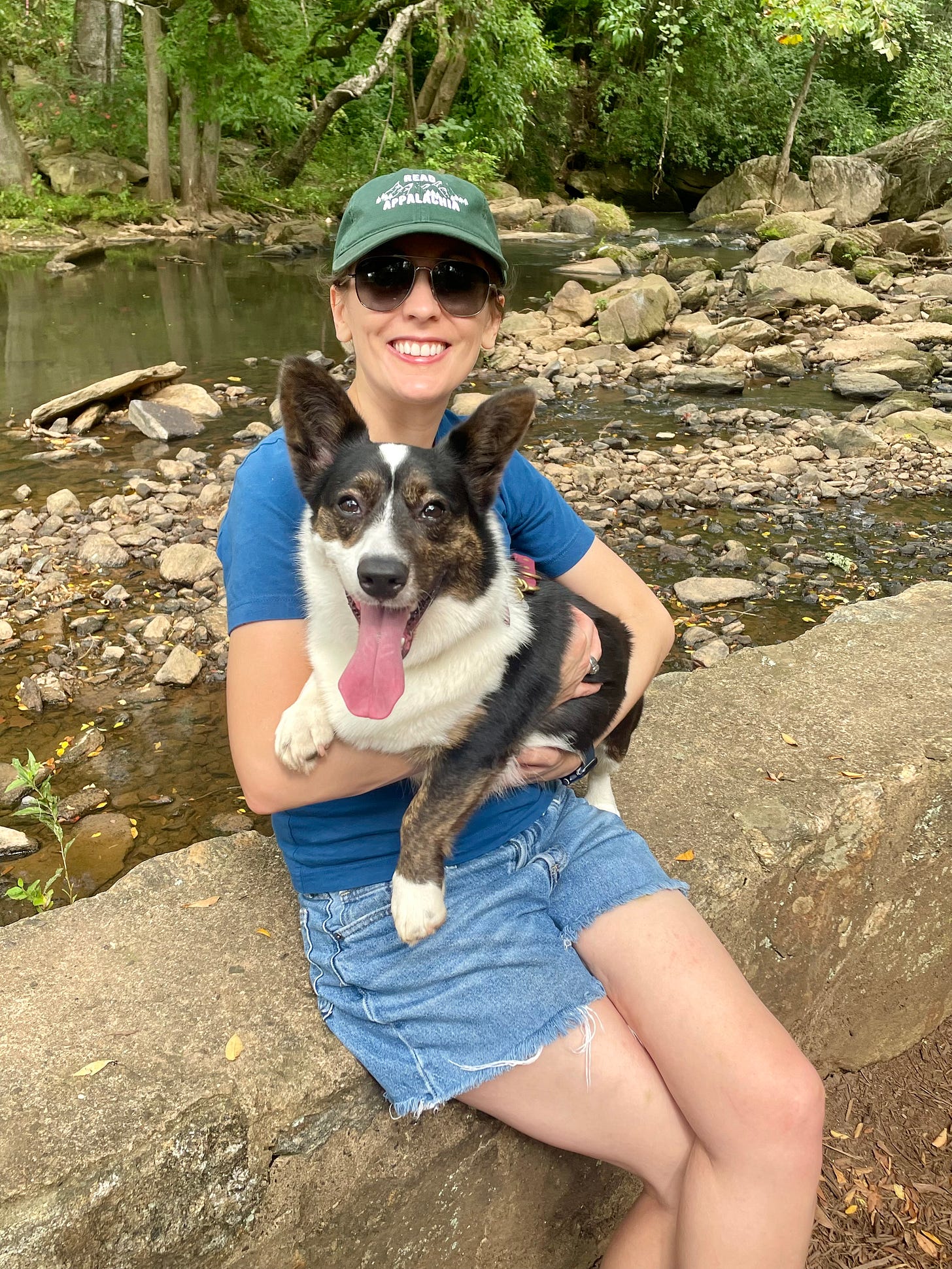
I wrote the section above back in the spring of 2024. It was the first time that I’d had a chance to write creatively in months. I thought I’d finally had the breakthrough that meant recovery was coming closer. I remember the feeling of relief that swept over me as I looked at my word count. But after had I worked on these paragraphs for a few days, a monster of a migraine wrapped its claws around my head. Apparently my brain wasn’t quite ready to bounce back.
I trekked over to the cafe earlier this week to sit down and write the end to this newsletter. As I sat at my usual table, my mind spun in circles as I tried to put into words what it was like to reread these paragraphs. A sense of loss overwhelmed every other feeling. For me, memory loss is losing small pieces of yourself. You try to remember what you’ve lost but it’s impossible to put the pieces back together. So every time I forget where my phone is or, heaven forbid, entirely forgetting that I’ve met one of my favorite authors before, I’m not just losing THAT memory. It’s a reminder of all of the pieces of myself that I’ve lost and will never find again.
As a kid, I didn't know how to articulate that feeling. But in my mid-twenties, I read Tell Me Everything You Don’t Remember, which is Christine Hyung-Oak Lee’s memoir about recovering from a stroke in her 30s. And more recently I read Sex with a Brain Injury by Annie Liontas and When My Ghost Sings by Tara Sidhoo Fraser, both of which tackle recovery from brain injuries. Reading these stories helped me put my experiences into words. (We’ll come back to them in later newsletters, for sure.)
A lot of us with memory loss—and other symptoms of brain injuries—don’t like to talk about it because it’s so deeply personal. It’s vulnerability. Because we don’t talk about it, we often feel alone in our own little worlds of forgetting. Here’s to changing that.
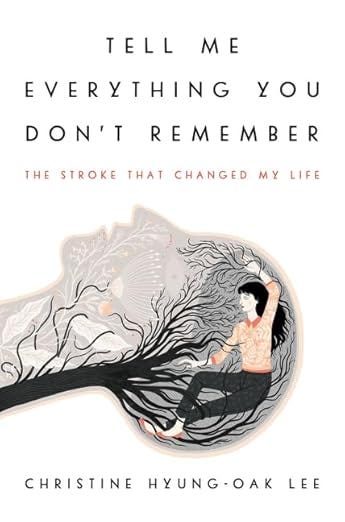
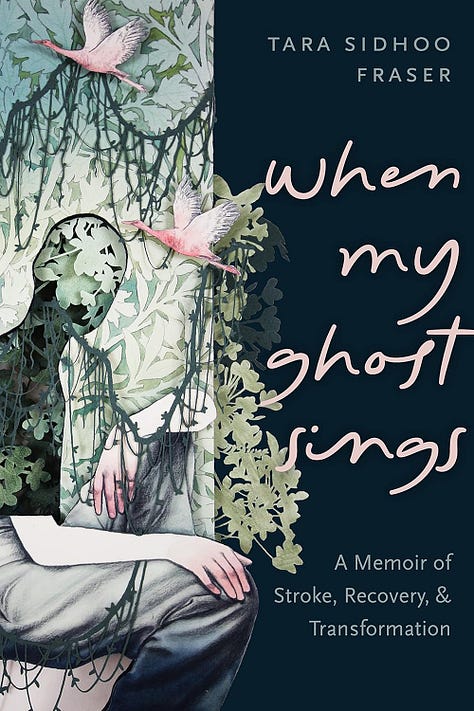
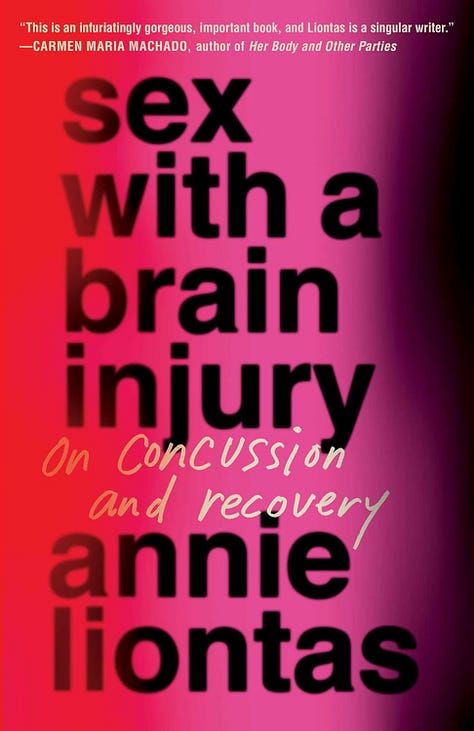


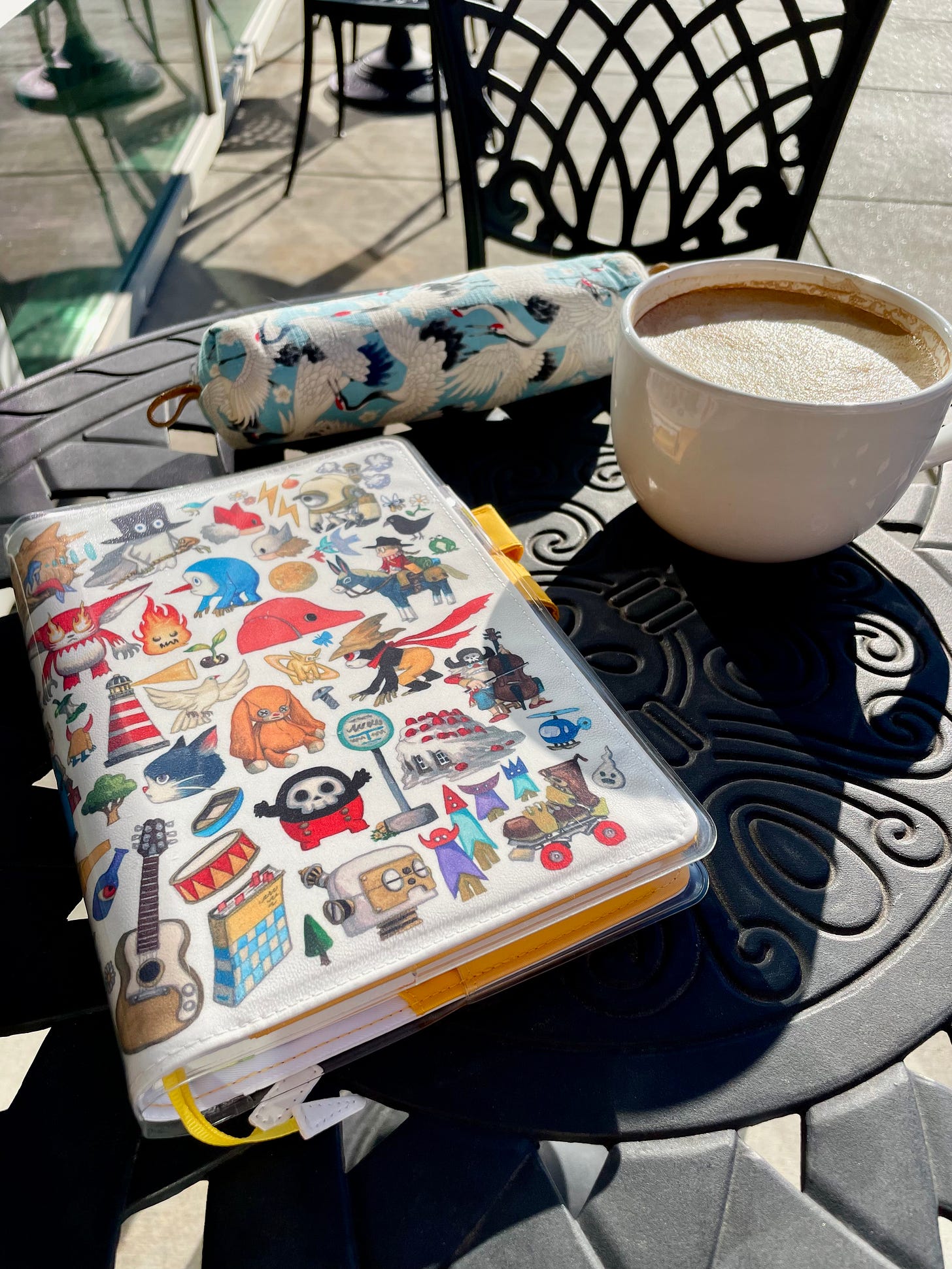

Thank you for sharing.
I love how do merged the literal past and present in one piece.